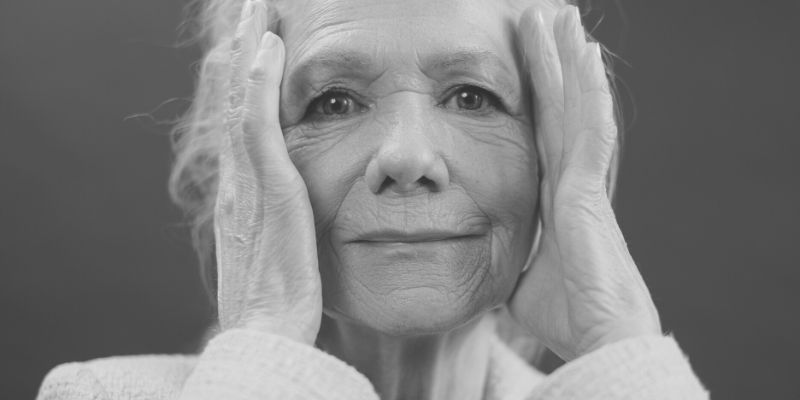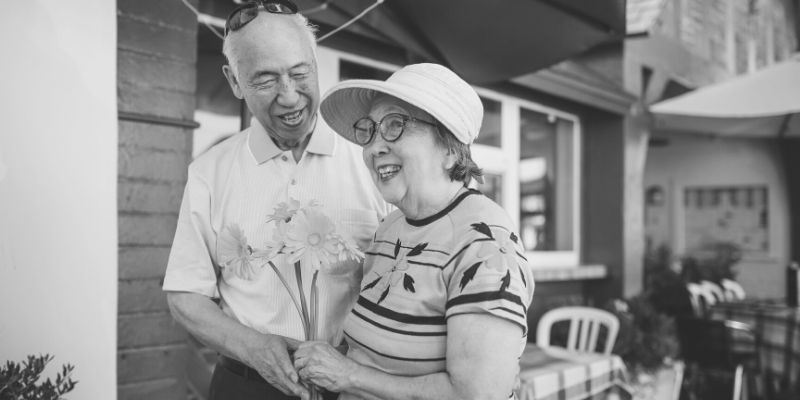We know that when it comes to your parent, you want things to stay the same for just a little longer. And maybe you’re not quite sure that they’ll be happy in senior living. We know because we felt the same way. That’s why we founded Sundara – to create a senior living community that felt good enough for our own parents.








